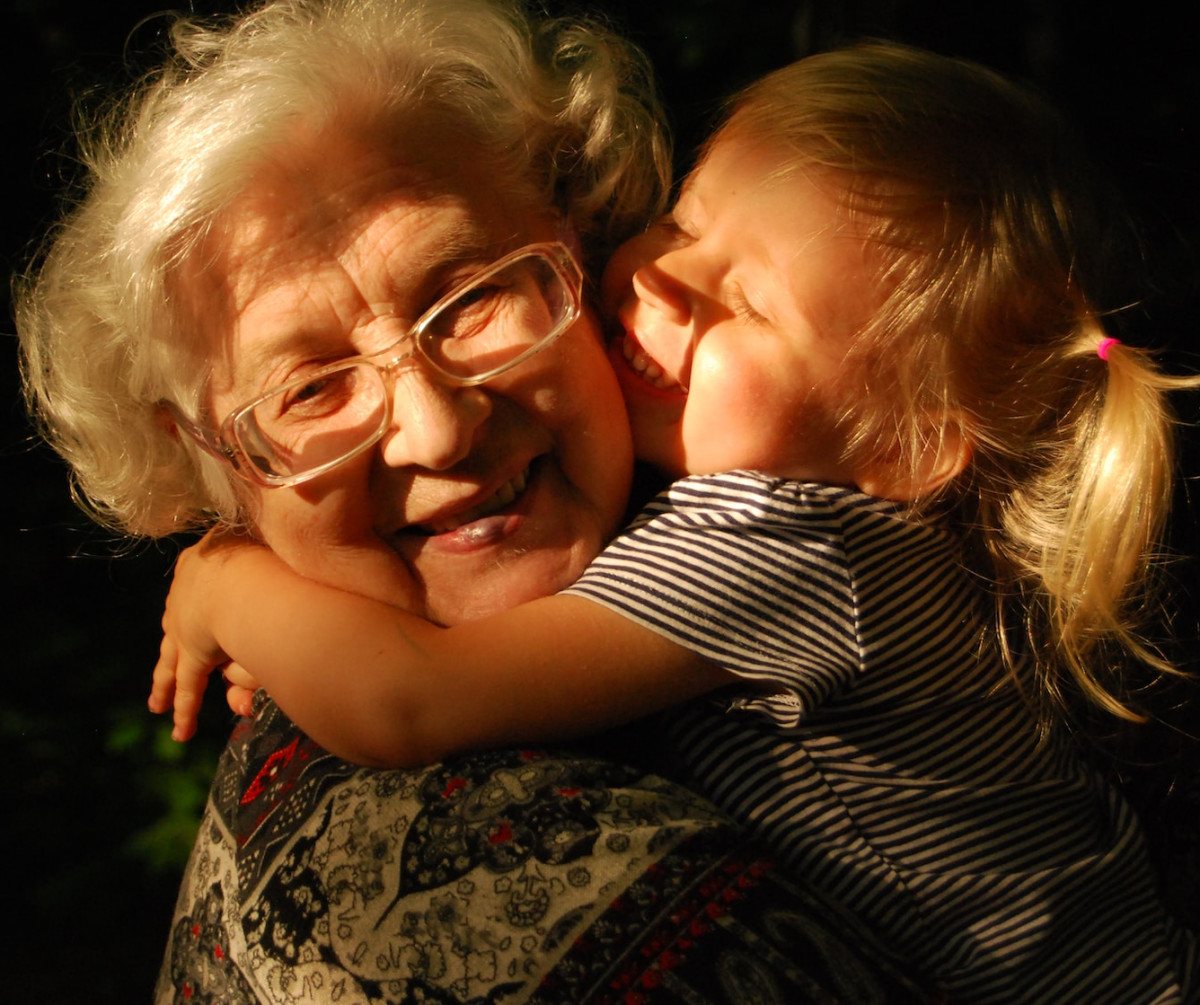On Gentleness

In the version of the “I Ching” that I use, gentleness is sometimes listed at the end of a list of positive attributes, for example, patience, equanimity, modesty, innocence, acceptance and gentleness. In this list, gentleness stands out. Although one can actively pursue patience, equanimity, modesty, innocence and acceptance, I think that gentleness has the greatest potential for active pursuit.
What does gentleness mean? It means to act with kindness, to keep an amiable demeanor, and to speak and act softly. Whereas patience, equanimity, modesty, innocence and acceptance are mostly internal pursuits, gentleness is primarily an external interaction. The latter is, however, a product or result of the former. If one practices patience, equanimity, modesty, innocence and acceptance the result will inevitably be actions that are gentle.
How does one’s gentleness affect the outside world? Gentleness is caring mindfulness, and it is contagious. To be gentle, one must be aware of whether or not they are being gentle. To project gentleness, one must care for the perceptions of others, that they should perceive gentleness. To perceive gentleness is to experience caring. Experiencing caring, how can one not also care?
To be gentle in our daily affairs means to be aware of ourselves and others, to speak with deference (as an equal) and to be prepared always to see the other’s point of view. Gentleness means never forcing an issue, never insisting on your own way, and never manipulating or tricking others. Respect is a key element of gentleness.
Does gentleness mean being weak or saying ‘yes’ to experiences you do not want? No, it does not. Just as seven-animal Kung Fu is quite effective despite being a style that is gentle to the body, one can be both gentle and strong. Also, one does not need to be angry to say ‘no.’ One can usually refuse unwanted experiences gently, showing respect to whomever is offering the experience and refraining from judgment. Even if one must physically defend themselves, it is possible to do so gently, without anger.
Empathy can facilitate gentleness. All humans have in common feelings of isolation, helplessness, fear, pain, anger, sadness and despair. All suffer from regret. All succumb to of expectation. When we recognize our commonality with others, gentleness only makes sense.
It is impossible for most of us to practice gentleness all the time. But to the extent that we can practice gentleness we make the world more peaceful, both for ourselves and for others.









